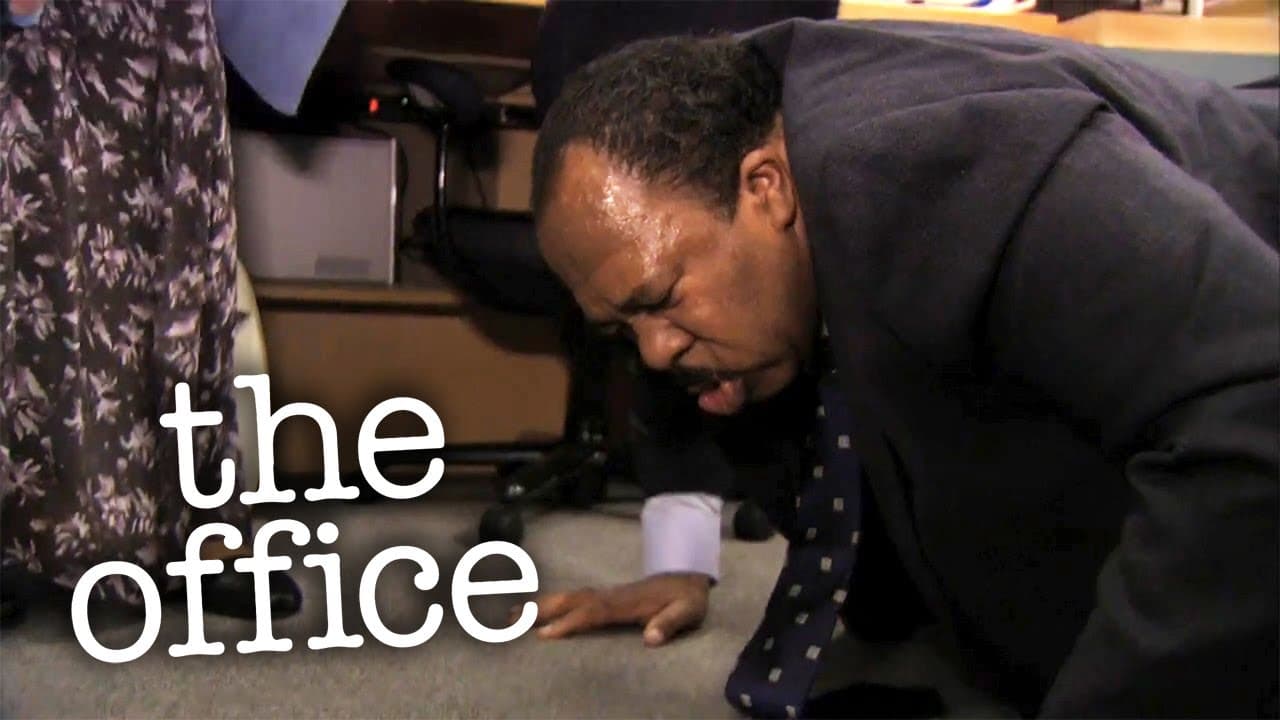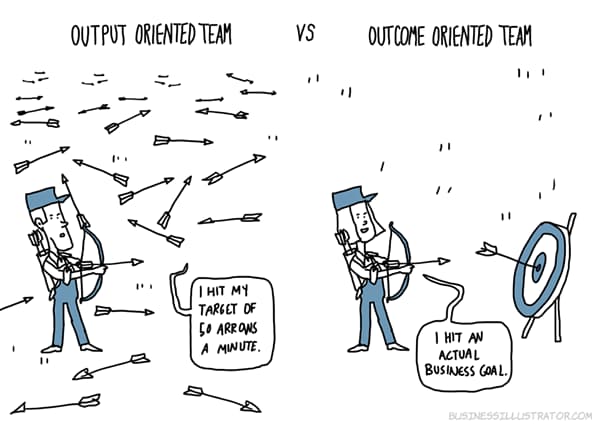Laziness, Impatience and Hubris
There's this scene in The Office where Michael, the Regional Manager of Dunder Mifflin, does 25 pushups and promises that anyone who can do the same gets to go home early. Stanley, a character who is known to hate being at work and not being very athletic, proceeds to do the 25 pushups in a moment a character qualifies beautifully: "Essentially what we have here is one of those stories where a mother lifts a car to save her baby."
 Laziness can make us do great things. 📹 Watch the Skit, it's excellent
Laziness can make us do great things. 📹 Watch the Skit, it's excellent
Stanley's Laziness in this story made him go to great lengths. To do way more than he previously thought he could. We tend to think of Laziness, Impatience, and Hubris as bad traits. But honestly, they're great qualities for Engineers.
"According to Larry Wall, the original author of the Perl programming language, there are three great virtues of a programmer; Laziness, Impatience, and Hubris
- Laziness: The quality that makes you go to great effort to reduce overall energy expenditure. It makes you write labor-saving programs that other people will find useful and document what you wrote, so you don't have to answer so many questions about it.
- Impatience: The anger you feel when the computer is being lazy. This makes you write programs that don't just react to your needs but anticipate them. Or at least pretend to.
- Hubris: The quality that makes you write (and maintain) programs that other people won't want to say bad things about."
Impatience and Laziness are remarkable when we direct them at processes and decisions. Brute-forcing everything is a waste of energy. It makes us work more hours. It makes us go for incremental improvements and work more instead of coming up with things that can 10x our results. Lazy people automate things to focus on the fun stuff and on what sparks their curiosity.
Nurturing Laziness and Impatience will be great for your career. There are some things I've found very helpful with that:
- Be aggressive in finding what's important
- Go Home!
- Work to make your week a 20h work week.
Be aggressive in finding what's important.
I'm not too fond of hamster wheels. Working and working and not getting anywhere is horrible. I want to see results. I want to work on what matters. So I constantly ask myself:
- What is the value of what we're doing?
- Can we deliver this value more efficiently?
- Can we remove parts of this project to finish it more quickly but still deliver close to the same value?
When we understand the value, when we're committed to working towards it the best way possible, and when we break our work down and start from what's more critical first, results will come way faster. This means we'll learn way quicker and become more effective.
Some questions that help us to reduce the scope of the work:
- If I had only one week/day/month to finish this instead of the time I have, what would I do?
- If I had to solve this with money instead of time, what would I do?
Reducing scope doesn't mean leaving work unfinished or half-assing what you want to do. It doesn't mean leaving a pile of zombie products behind. We still need to consider the customers' needs, wants, and delights. The value comes from that. We still need to consider a solution that will scale and hold its ground. But we work for the value. We don't work to run in circles in a hamster wheel.
 Outcomes are more important than outputs - © from Business Illustrator
Outcomes are more important than outputs - © from Business Illustrator
Pushing for faster value can sometimes cause people to work more hours. The idea here is the opposite of that. Efficiency means doing more work in less time. If we keep working overtime, we're giving the company more free time, not being more efficient. And that's why the next practice is so important.
Go Home!
In the middle of this pandemic, this is more of a "Stop working" than a "Go Home." But the idea is the same: Don't push for longer hours. We need set boundary conditions for ourselves. If we rely on overtime every single day, we never get forced to prioritize. We don't get forced to think about how we can make our work smarter.
Disengaging is critical for our mental health. Working overtime sends a message to people around us that they need to work overtime, especially when we're in a leadership position. So we're affecting our mental health and the mental health of the people in our teams. Overworking also makes us dumb. Plain simple. Dumb. We miss important insights. We're less present in what we do.
When we're in a new position, before we settle, this might be necessary for some time. There are extreme conditions in which we do need to give a little more of our free time. But these should be the exception. We shouldn't expect this to happen and definitely should not go for long. We need to ask ourselves constantly:
- Why do I feel like I need to hammer through this for so long?
- How did I miss working on this before it got urgent?
- What processes and conditions are keeping us from being efficient on this?
- Do I need to be doing this at all?
Focus to go home. Go home to focus.
Work to make your week a 20h workweek.
Working to make your week a 20h workweek sounds lazy as hell, I know. Thanks for the compliment. The point here isn't working 20h a week but freeing up time for more critical work. If we can deliver the same amount of value in half the time, we can dedicate the rest of the time to finding new opportunities.
Trying to reach that goal makes us automate more, document more, solve things that make us inefficient, and delegate more responsibilities. So our work ends up affecting others around us and making them more efficient as well. When we delegate and share responsibilities with people around us, they can grow and learn with something we already know how to do. When we automate more, we evolve our tools and enable people to do more things. And the list goes on.
Embedding our knowledge in tools, processes and passing it on to other people enables us to move on to new challenges, we unlock ourselves.
If you're a leader, it's not always great to be impatient or lazy. When dealing with people, listening and being patient is key. But direct your Impatience and Laziness towards processes and decisions, and you should be fine. Use your hubris to push people to do their best work and to shine a spotlight on the team once they deliver.